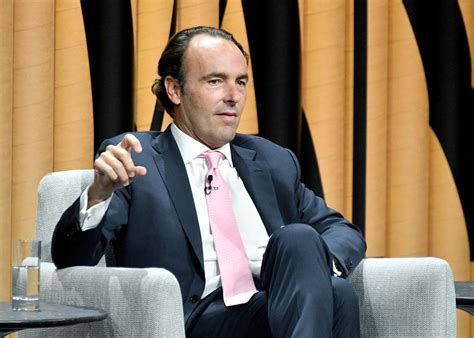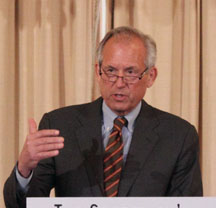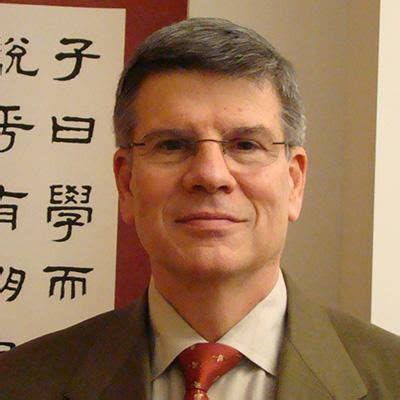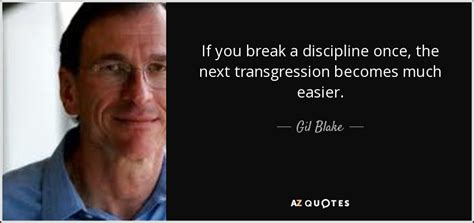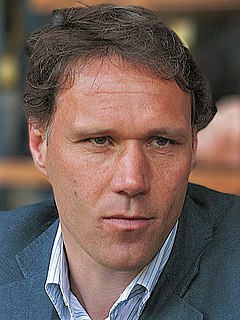A Quote by Kyle Bass
We believe that war is an inevitable consequence of the current global economic situation.
Quote Topics
Related Quotes
The economic borderlines of our world will not be drawn between countries, but around Economic Domains. Along the twin paths of globalization and decentralization, the economic pieces of the future are being assembled in a new way. Not what is produced by a country or in a country will be of importance, but the production within global Economic Domains, measured as Gross Domain Products. The global market demands a global sharing of talent. The consequence is Mass Customization of Talent and education as the number one economic priority for all countries
If we start thinking simply nationally, and we start having policies that try and restrict the benefits only within our borders, and try and implement protectionist measures as a consequence, this will not have the effect we need to have on the global economy. And that's ultimately the global economy that's pulling most of us down, particularly countries like Canada, that aren't the source of these current economic troubles.
The fact that you have a policy of such consequence directly affecting millions of people and you have a legal question of great consequence about the scope of the president's authority to act in implementing the immigration laws in this way and you have a one-line decision from the court affirming by an equally-divided court, it's an inevitable consequence of where we are.
I believe we can do much more to adapt to the structural changes in the global economy, get high-end manufacturing back here, set up clusters of economic activity where you have, among other things, continuous retraining of people well into their middle years so they never become irrelevant to the current job market.
It is so inspiring to see a new group coming together not to focus on a particular war or weapons system, but on all war-everywhere. And it's great to have such beautifully crafted arguments about why war is not inevitable and how war contributes to so many other global ills. This coalition is worthy of Martin Luther King's call to end violence and instead put our energies and resources into 'life-affirming activities.' Bravo!
I've worked for four presidents, and I've concluded that almost nothing is inevitable. History is to a significant extent the result of the interaction of personalities and ideas. And so I don't believe war between the U.S. and China is in any way inevitable, and it's well within the province of diplomacy and statecraft to avoid it.
I would say the special experience of American wartime policy in the last 40 years, from Vietnam on, is that the war itself became controversial in the country and that the most important thing we need in the current situation is, whatever disagreements there may be on tactics, that the legitimacy of the war itself does not become a subject of controversy. We have to start with the assumption, obviously, that whatever administration is conducting a war wants to end it.
